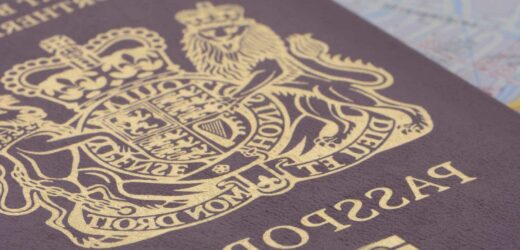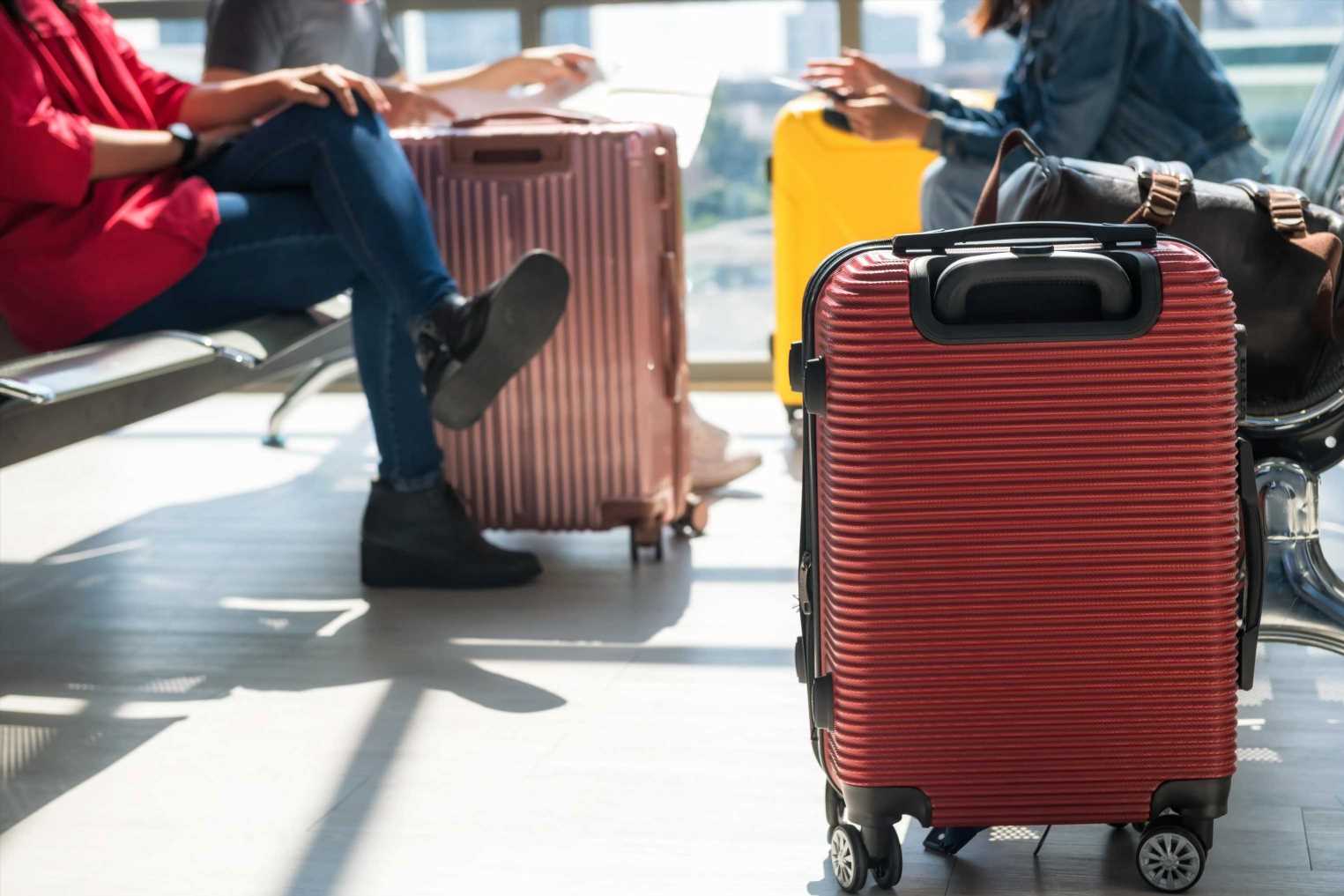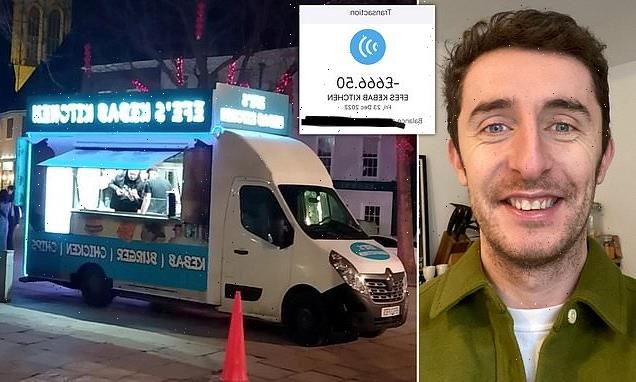BIOMETRIC Passports were first issued in the UK in 2010.
But what are they and what is the difference between a biometric passport and a traditional passport? Here's everything you need to know.
What is a biometric passport?
A biometric passport, also known as an ePassport, looks and feels the same as a traditional passport – but there is a difference.
Unlike a traditional passport, a biometric passport is more technologically advanced.
They are designed to include an embedded microchip that holds an individual's personal information, as well as their photograph.
A biometric passport will contain the following information of anyone over 18, who is a UK or EU citizen:
Read More on Passports
Here’s everything you need to know about renewing a passport
Here’s why passports only come in four colours
- Full name
- Date of birth
- Photograph
- Biographical information
- Biometric information, which can include fingerprints or iris scans
- Unique chip identification number
- Digital signature that protects the stored data from being altered
Often, the chip embedded in the passport is so small that it is undetectable to those in possession of the passport.
The reason behind the introduction of a more technologically advanced travel document is to ensure enhanced security is in place.
A biometric passport is much harder to fake, hack or steal – protecting individuals against identity theft.
Most read in Travel
The French hotspot where you can visit Spain in a day – & flights are £10
The Spanish island where it's 20C in January with 5* hotels & budget flights
Major risk to summer holidays as Spanish hotspot announces new 'tourism model'
The most popular holiday destination on the planet is only an hour from the UK
If you are unsure if you hold a biometric passport, the good news is there is a simple way to check.
If there's a small, gold camera logo located at the bottom of the front cover then you hold a biometric passport, if not you will hold a traditional one.
How does a biometric passport work?
As stated in the name, a biometric passport works by using biometrics.
''Biometrics are unique physical characteristics, such as fingerprints, that can be used for automated recognition,'' Homeland Security explains.
Each microprocessor chip embedded into the passport contains specific information that is unique to the passport holder.
When an individual reaches border control, they will be presented with the option to use an e-border gate.
When an available space is open, the traveller will then open their passport to the photo page and place this on the scanner.
The instructions will show you which way to place your passport but if there's any issues, someone will be on hand to assist.
While holding down the passport, the traveller will then also look at the screen in front of them.
This will then cross-check facial measurements with those stored on the passport chip.
Once the reader flashes green, the traveller can then walk through the gate.
How can I get a biometric passport?
If you have a applied for a new passport since 2010, it will already be biometric.
If you still hold a traditional passport the good news is this will not affect your travel – unless you are travelling to the United States.
Your current passport will remain valid until its expiry date for travel to any other destination.
Once this expires, you will have to apply for a new passport – you will then receive a biometric one.
However, if you are planning on visiting the states, you will need a digital passport if you don't already hold one.
Read More on The Sun
Woman’s dad converted the garage into a studio flat so she’d have her own space
Thousands missing out on up to £442 in free food vouchers – can you claim?
Since April 2016, Brits travelling to the USA using the ESTA visa waiver have been required to hold a biometric passport to gain entry into the country or face being turned away at border control.
Remember that applying for a new passport can take up to 10 weeks, so make sure you give yourself plenty of time to get a new passport before you travel.
Source: Read Full Article











